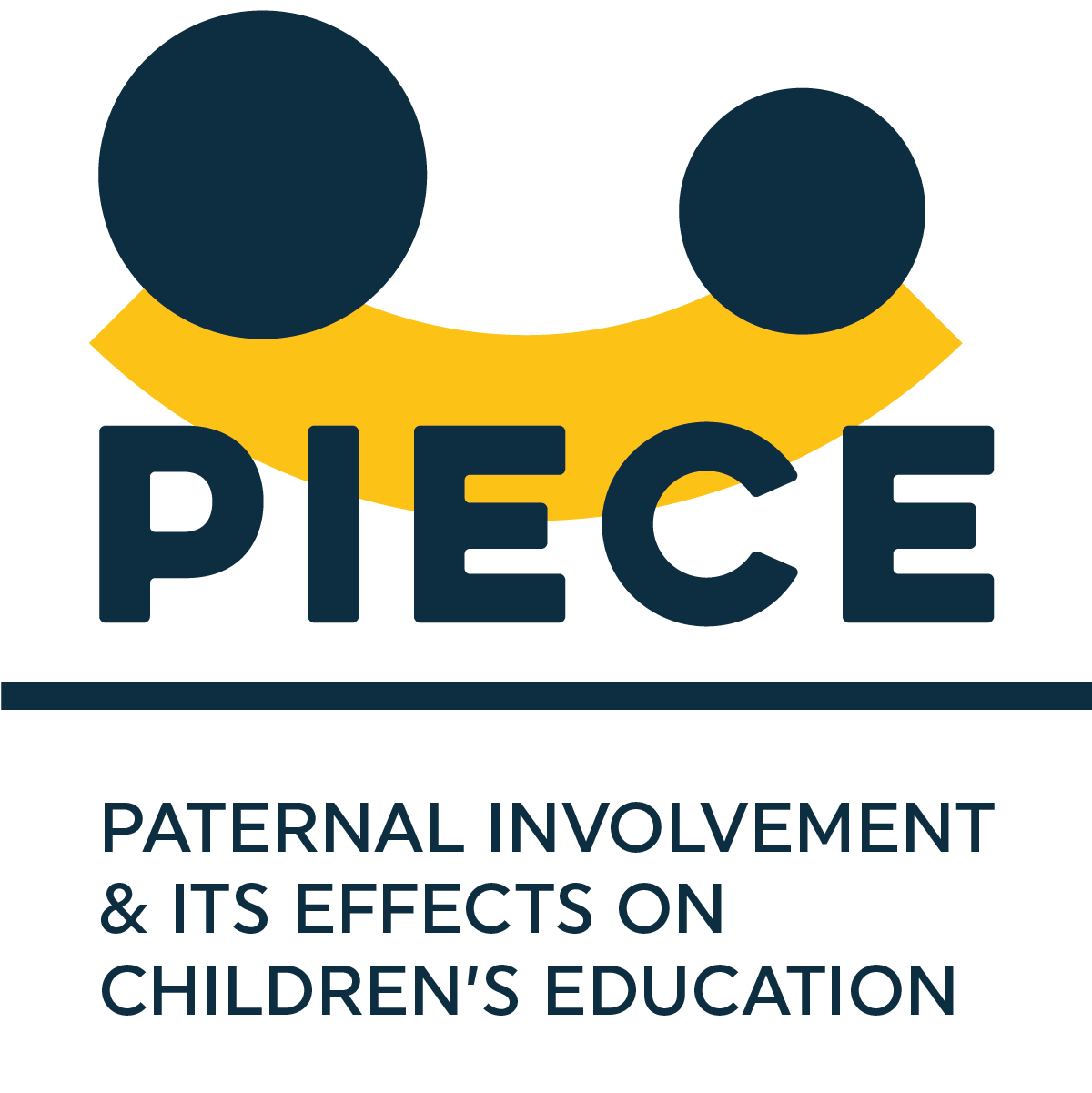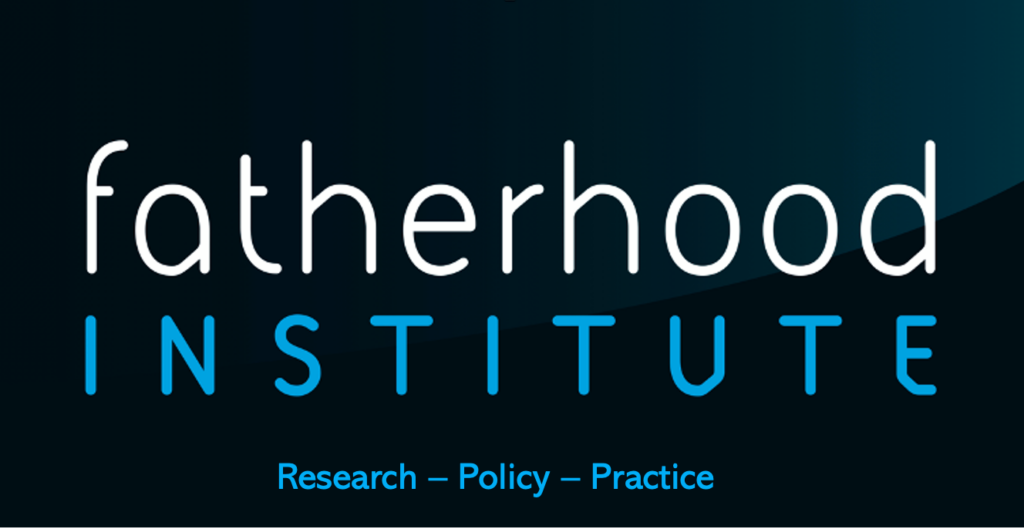By Helen Norman, Jeremy Davies, Kerry-Jane Packman (Chief Executive & Leadership Team – Parentkind) and Siân Lewis (Head of partnerships – Parentkind)
This blog was first published by Parentkind on 20 September 2022 here: https://www.parentkind.org.uk/about-us/news-and-blogs/blog/what-a-difference-a-dad-makes-engaging-with-fathers-as-well-as-mothers
Parents play a critical role in their children’s development – this is an accepted fact. More specifically, parental engagement in educational activities at home, such as reading and playing, improves children’s cognitive skills and academic achievements. Parent-school involvement (such as attending parents’ evenings or meetings, joining parent teacher associations or volunteering in extra-curricular activities) can also help support better behaviour, attendance and learning.
However, this useful evidence draws mostly on research conducted with mothers or ‘parents’ in a broad sense. Less is known specifically about fathers and the impact that their engagement has on the child’s cognitive and educational development.
The PIECE (Paternal Involvement and its Effects on Children’s Education) study aims to find out whether, and in what ways, fathers’ engagement in structured activities at home – like playing, reading, drawing, painting, and doing musical activities – influences their children’s educational attainment at primary school.
PIECE project findings
Findings so far suggest that fathers have a unique impact on their children’s academic achievements in the early stages of school.
Based on analysis of a nationally representative group of almost 5,000 two-parent households from a major survey tracking families with children born in the early 2000s (the Millennium Cohort Study), we’ve found that fathers’ childcare engagement had a positive effect on children’s overall attainment in the Early Years Foundation Stage Profile (EYFSP) at age five – over and above the mothers’ childcare engagement.
In other words, if fathers increased their engagement in educational childcare activities when the child was age five, the child’s overall attainment in the EYFSP also went up. This happened regardless of the child’s gender and ethnicity, age in the school year, whether they had attended formal pre-school childcare, the parents’ employment status and household income.
The mothers’ childcare engagement supported the child in different ways – by improving their prosocial behaviour (children acting in socially beneficial ways, like helping each other, and being aware of other people’s needs), and reducing emotional behaviour and hyperactivity – all traits that help them do better at school.
This suggests that both parents matter, but they matter in different ways.
Barriers to involvement?
Parentkind’s 2021 annual parent survey found that most parents (85%) want to play an active role in their children’s education. In response to Parentkind’s surveys parents have consistently noted that the main reasons that prevent them from getting involved are: not having the time, not being sure what skills and knowledge they have to offer, not being asked and finding the idea of getting involved intimidating. However, some parents face more barriers than others. For example, long and inflexible work hours prevent some fathers from engaging as much as they might like in their child’s care. Low-income parents also face financial and logistical constraints that may prevent them from travelling to and taking part in school activities.
In focus groups with fathers, the PIECE project researchers found residence status to be another barrier to child- and school-engagement. This was especially true because schools tend to channel their communications to one parent or household, rather than recognising or targeting more than one parent or household per child. So mothers – who tend to do, and are often culturally expected to do – more caregiving, are more likely to receive information about their child from the school. This can present obstacles for fathers, especially those in families where children live in more than one household, where mothers are more likely to have majority care.
Traditional preconceptions about gender roles can also play into this. Some fathers report that schools treat mothers as the sole point of contact even where the parents have asked them to direct information to dad. This might partly explain why fathers are also much less likely to participate in school life compared to mothers (for example in the Millennium Cohort Study (MCS) – about double the proportion of mums participated in school activities when the child was aged 7 compared to dads[1].
What needs to be done?
It is clear that we need to do more to support and encourage dads to engage with their child’s school and home learning. The data suggests that their increased engagement would have tangible benefits on a child’s early attainment at primary school. However, on average, mothers continue to take most responsibility for childcare and are more likely to participate in school life. Such roles are often considered primarily a maternal responsibility – by society at large and by schools, as well as by many mothers and fathers themselves.
Parentkind’s Blueprint for Parent-Friendly Schools is an evidence-based foundation for schools leaders, with clear actions, to maximise and build upon parents’ contributions, embed parental participation and create positive partnerships with parents for the benefit of all children. Many methods do not require direct attendance at school, such as responding to school surveys, supporting learning at home and community outreach. From the PIECE project focus groups, targeted father-child events and clear, father-focused materials might encourage paternal school-involvement.
Our early study findings show that this is not just a case of being nice to dads. It is about recognising fathers’ unique impact, maximising the benefits this can bring and truly involving fathers in the education of their children. Not only might that take some of the pressure off mothers, but the evidence shows that our young people and their life chances could see a real boost.
[1] 60.5% of mums were involved in school activities compared to 32.2% of dads in our MCS sample at age 7. School activities includes things like helping out in classes, at the library, or at the school more generally, helping with fundraising or participating in Parent-Teacher Association meetings and committees.









